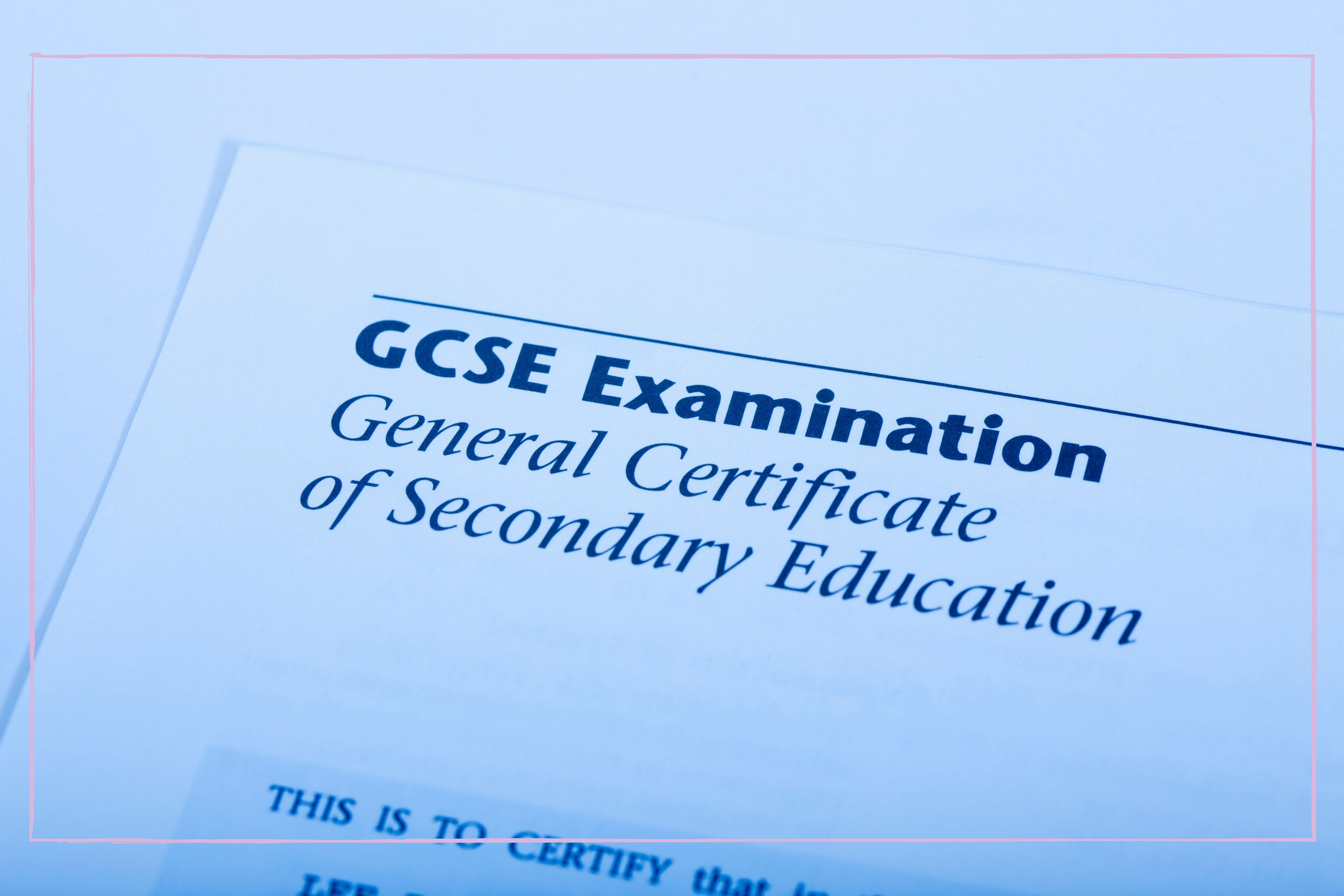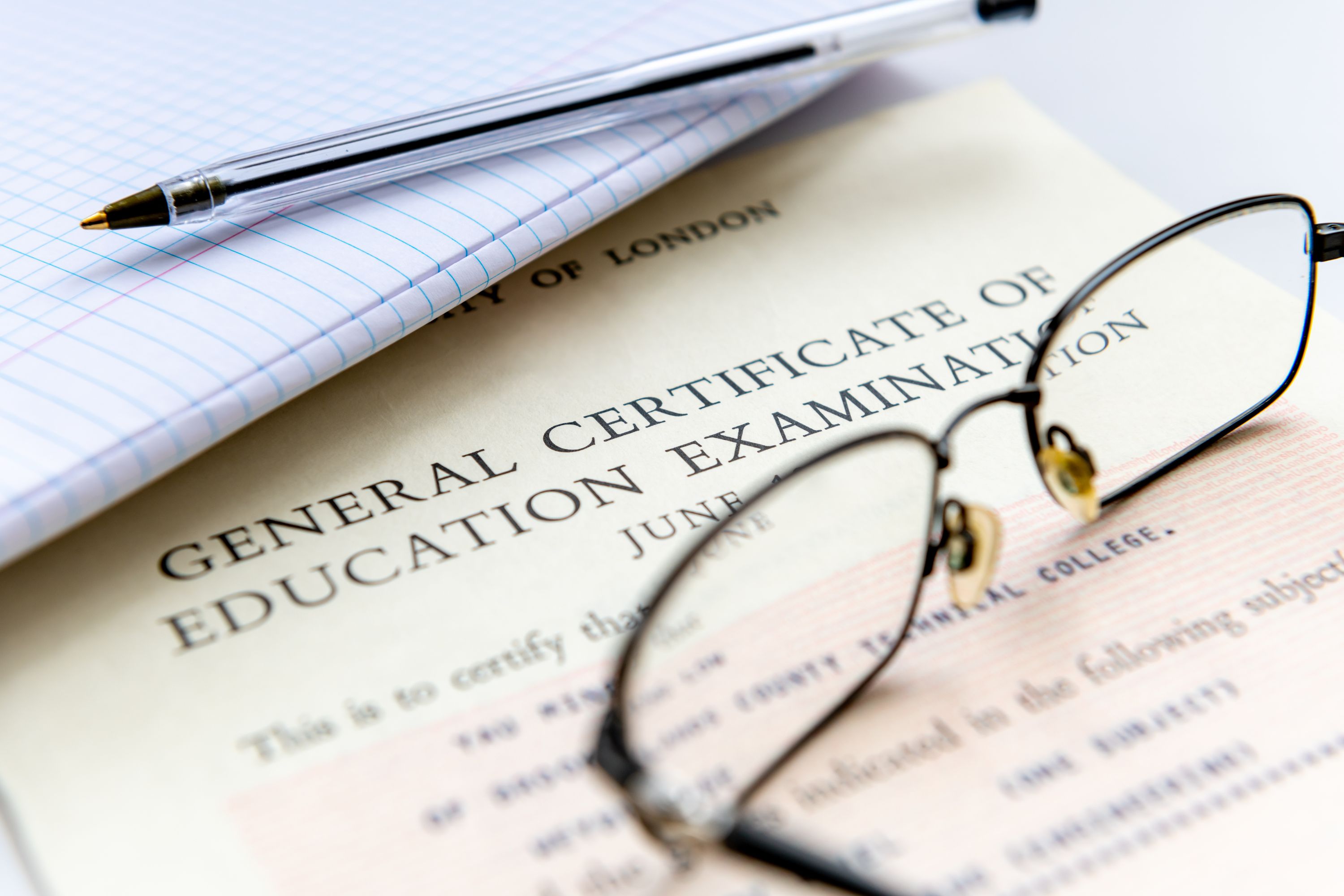GCSE results 2024: When are GCSE certificates issued?
Find out when you can expect to receive GCSE certificates


As GCSE Results Day 2024 approaches, students across the country are gearing up to receive their grades and make important decisions about their next steps.
After you’ve opened your results and decided what’s next, you might be wondering when you’ll receive your official GCSE certificates.
GCSE results day presented a lot of uncertainty last year, as teacher strikes disrupted learning and A Level results day saw thousands fewer students in England awarded top grades, following the return to pre-pandemic grading. This year, students and parents might feel more anxious than ever about GCSE outcomes. Questions may arise, from understanding the grading system to planning for potential retakes. But if you’re specifically wondering about when you’ll receive your GCSE certificates, we’ve got all the answers. Read on to find out how long you might have to wait to receive them and what to do if you don't have a copy of your certificates.
When are GCSE certificates issued?
GCSE certificates are typically sent to schools two to three months after results day, usually arriving by November. Most schools will post them to you, though some may require you to collect them in person. It’s important to obtain your certificates as soon as possible since you may need them for future job applications or further education. Remember, replacing lost certificates can be costly, so keep them safe. If you notice any errors, inform your exams officer immediately, as corrections are only free within the first three months after issuance.

How long do you have to collect your GCSE certificates?
Your school will inform you whether your GCSE certificates will be posted out or if you’ll need to collect them in person. If collection is required, don’t delay—schools typically hold onto certificates for up to a year before either returning them to the exam board or destroying them. If you’re unable to collect them within this timeframe, contact your school promptly to arrange an alternative method for receiving your certificates.
What if I don't have a copy of my GCSE certificates?
If you never received your GCSE certificates, the first step is to contact your school. If you’ve lost them, you’ll need to request a replacement from your exam board's website.
While you can’t obtain a new certificate, the exam board can issue a 'certified statement of results.' This document contains the same information as your original certificate and can be used in its place for things like university applications.
Parenting advice, hot topics, best buys and family finance tips delivered straight to your inbox.
To obtain a certified statement, you’ll need to provide personal details to confirm your identity and pay a fee of at least £40. The process can take several weeks, so it’s advisable to apply early, especially if you have upcoming deadlines.
To find out more about getting a replacement exam certificate and contacting the relevant exam boards, visit the gov.uk web page.

How are GCSEs graded in 2024?
In 2024, the GCSE grading system remains aligned with the post-pandemic return to pre-COVID standards. Last year, the exams regulator Ofqual continued to offer some protections for students affected by disruptions, including the COVID-19 pandemic.
Grade boundaries are determined annually by senior examiners and may vary year by year, but there is no limit on the number of students who can achieve a particular grade.
The 9 to 1 grading scale introduced in 2017 remains in effect for all GCSE subjects in England, with 9 representing the highest possible grade and 1 the lowest. Here’s a quick breakdown of the grading scale:
Grade boundaries change each year and are recommended by experienced senior examiners - and there is no cap on the number of students that can get a particular grade.
Understanding the grading system
The 9 to 1 grading scale introduced in 2017 remains in effect for all GCSE subjects in England, with 9 representing the highest possible grade and 1 the lowest.
Phasing in over the years, from 2019 the grading system was used on almost all of the subjects on the curriculum, including languages and sciences.
The new system is not being used in Wales, while Northern Ireland uses a mixture of the two systems.
Here’s a quick breakdown of the grading scale:
- 9 = High A* grade
- 8 = Lower A* or high A
- 7 = Lower A grade
- 6 = High B grade
- 5 = Lower B or high C
- 4 = Lower C grade
- 3 = D or high E
- 2 = Lower E or high F
- 1 = Lower F or G
- U = Remains the same
What's next after receiving your GCSE results?
With five or more GCSEs at grade 4 or above, you’ll be eligible for Further Education. Many sixth forms and colleges require at least four grades at this level, though some may accept students with lower grades.
If your results weren’t what you hoped for, you can resit your GCSEs at your school, college, or exam centre. If your resit results in a higher grade, you can request a new GCSE certificate from the exam board.
In related news, we've revealed when kids go back to school after the summer holidays.

Heidi is a seasoned parenting journalist with over 15 years of experience. She has contributed to numerous UK national newspapers, including The Guardian, The Times, and The Telegraph. Her work has also appeared in a variety of print and digital magazines, such as Psychologies and Mother & Baby, where she was Shopping Editor for six years. In this role, she specialised in consumer features, including buying guides and baby gear reviews. Heidi is also a mum of three.